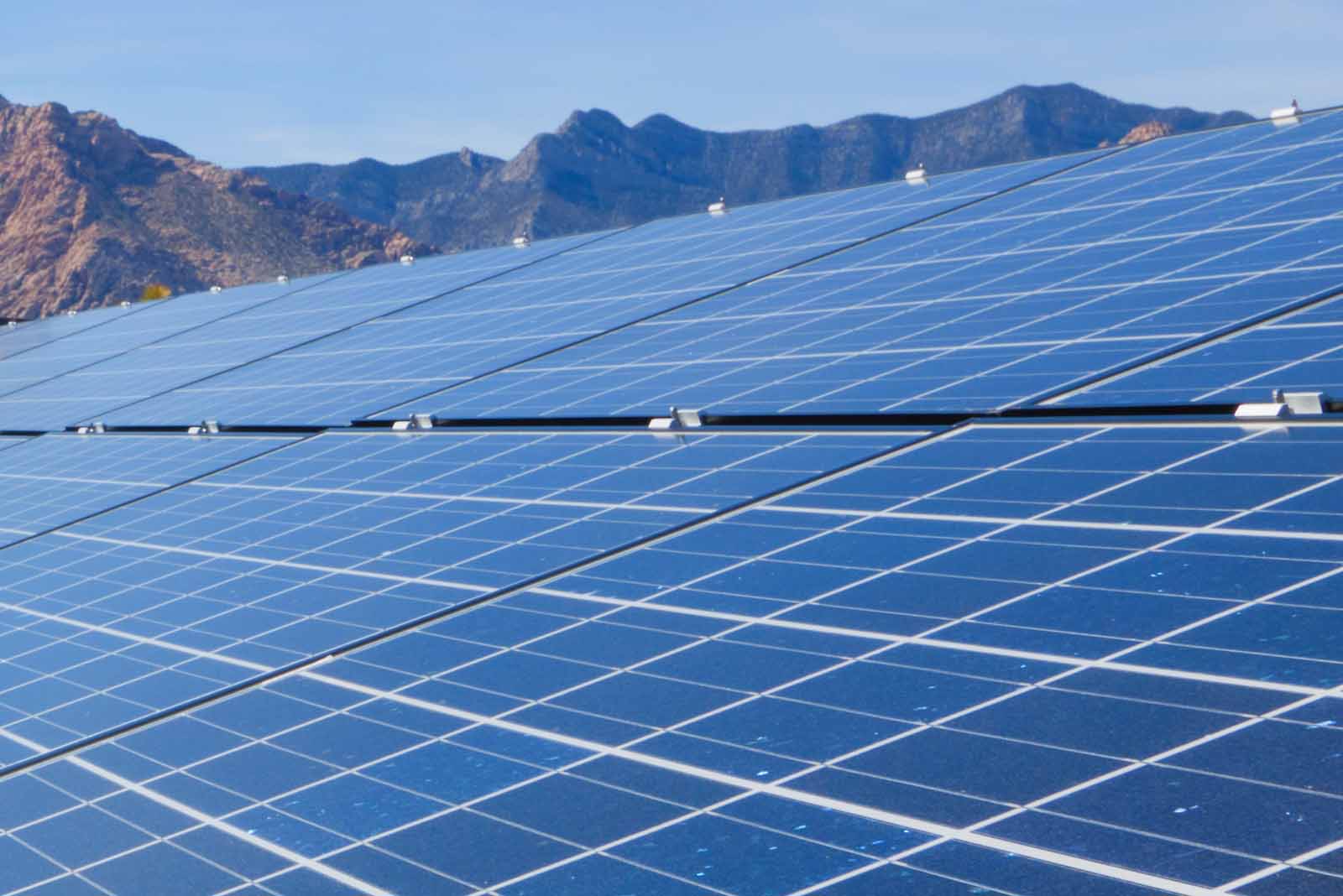There was a time when solar homeowners were a small, occasionally vocal, but mostly powerless political constituency. Compared to the vast scale and influence of entrenched energy interests, the motley crew of tree huggers, tech enthusiasts, and celebrities with the determination (and financial resources) to install home solar had little chance of swaying policymakers and regulators on issues that mattered to them.
Those days may be over, with home solar emerging as an increasingly mainstream option thanks to falling solar costs and a fast-growing array of financing options (including Mosaic’s home solar loans!). And nowhere is home solar’s newfound political clout being tested more dramatically than in Nevada, where homeowners and solar installers have raised an outcry over a recent Nevada Public Utility Commission (PUCN) ruling that would not only halt home solar in its tracks but also penalize those that had already installed solar panels.
As previously covered in this space, in late December PUCN gave home solar customers a barely-metaphorical lump of coal in their Christmas stockings by increasing fixed charges for home solar customers and dramatically cutting the rates utility NV Energy would have to pay for their solar generation. An analysis by Greentech Media estimates that this type of policy change could change the payback on an investment in solar panels from 3 years to 20 years, which would render going solar a non-starter for all but the most dedicated climate hawks. And, not only would rates be cut for new customers, but also for existing customers that had already invested in solar panels — a move without precedent in any U.S. net metering case, according to industry observers.
Nevada had previously been one of the fastest-growing markets for home solar, so this change made a lot of people angry. And this new solar constituency very quickly showed that its interests — and its investments — could not be ignored. Hundreds of Nevadans, led by prominent actor-activist Mark Ruffalo, demonstrated outside PUCN offices. SolarCity and SunRun, two of the largest solar installers in the country, have shut down operations in the state, resulting in the immediate loss of over 550 jobs. Existing home solar customers have filed a class action lawsuit against NV Energy claiming that the utility gave the PUC false information. The Nevada Bureau of Consumer Protection has also weighed in, calling the lack of grandfathering provision for existing customers “unjust, unreasonable, or unjustly discriminatory” and requesting a new PUC hearing on the subject.
Perhaps implicitly acknowledging that the ruling may have gone too far, PUCN has agreed to a new hearing to hear more testimony on the grandfathering issue — although not the reduction in rates more broadly. NV Energy itself has tried to extend an olive branch to its critics by petitioning PUCN to allow for existing customers to remain under the previous rate structure. And Republican Governor Brian Sandoval — a potential vice-presidential nominee whose poll numbers have taken a huge hit among Republican primary voters informed of his connection to the PUCN decision — has attempted to distance himself from the ruling.
While solar has received growing support from both Democrats and Republicans in many states — after all, fostering energy independence while reducing utility bills is hard to argue with — this roiling controversy may have ramifications for national politics. Noting widespread bipartisan opposition to the PUCN decision in recent Nevada polls, Vox’s David Roberts speculates that this issue could help win this crucial swing state for the Democrats in the presidential election by tarnishing the GOP’s image. Indeed, Hillary Clinton and Bernie Sanders have both already spoken out against the decision, perhaps anticipating its salience in November.
Regardless of the outcome of the upcoming hearing on the fate of existing solar customers, it seems that Nevada’s days as a fast-growing solar state are numbered — which is undoubtedly a major loss for the industry, the people of Nevada, and the environment. However, by demonstrating the scale and scope of solar’s fast-growing constituency, this controversy could mark a turning point in the politics of clean energy. Certainly, regulators and politicians in other states looking to defend the energy status quo are likely to think twice before attempting to take on the home solar industry so brazenly. In that sense, there may be a silver lining to the clouds gathering over the Silver State after all.
John Atkinson is the director of regulatory affairs for an alternative fuels startup and previously worked as a senior associate focused on energy issues at a DC-based consultancy. He has provided analysis at the intersection of energy, technology, and policy for clients ranging from Fortune 100 companies to startups, covering energy sources ranging from oil and gas to solar and other renewables. He currently lives in Los Angeles in a solar-roofed house, and composes electronic music for live performance and film when not geeking out on energy (or basketball).
